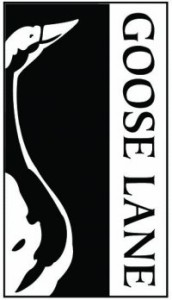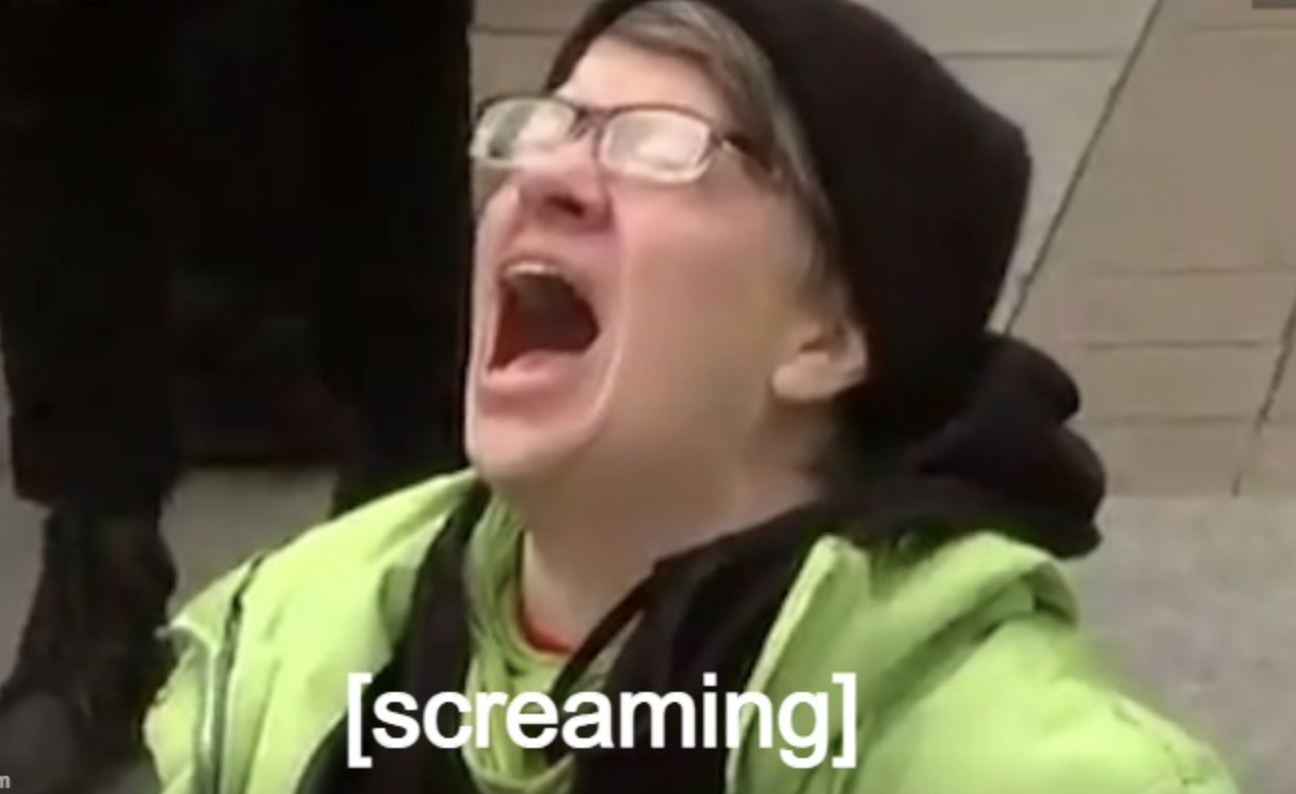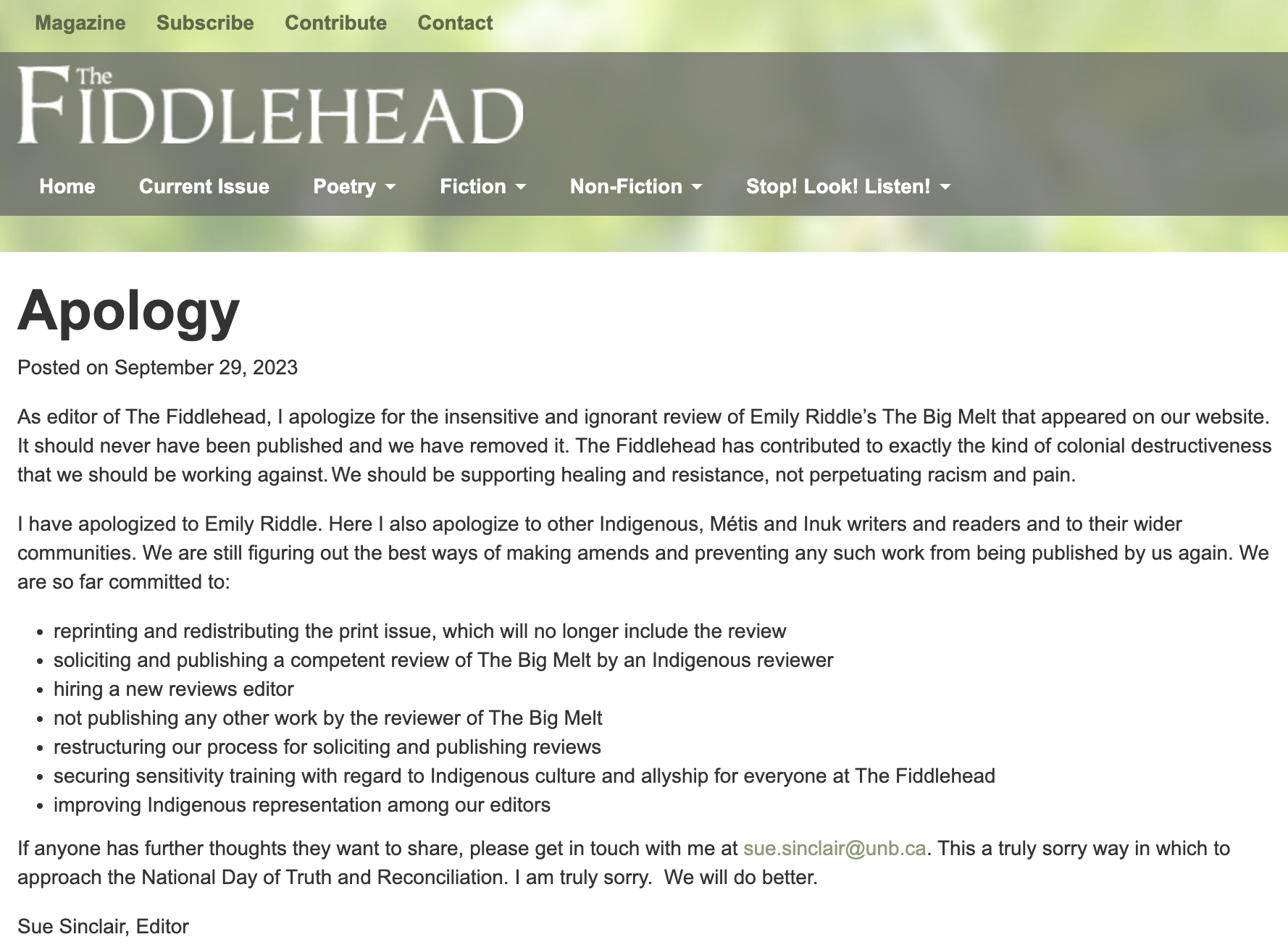Last November, the good folks at Goose Lane Editions responded to my query package by requesting the full manuscript of No Call Too Small. I told a few people but kept it from most. Why? Is it because I’m a semi-psychotic secret squirrel when it comes to personal information? Perhaps, but if you don’t tell someone about a potentially positive development, you also don’t have to tell them when it blows up.
Past disappointments suggest my policy has some merit. When I was younger, a story I’d written with a friend was accepted by Blood & Aphorisms, a literary journal out of Toronto. We were very excited and waited for our story to appear in print. The lag time between acceptance and publication can often be months (sometimes years) when publishing with literary journals, so we weren’t overly concerned by the delay. Eventually, after many months had passed, we contacted the magazine, but they said they had no record of ever receiving the manuscript. When my first book was accepted by Turnstone, the paranoia knob was set to ten and I didn’t take anything for granted. I received an acceptance letter, signed a contract, spent weeks revising, but I didn’t believe the book was going to happen until I held it in my hands.
In January, I decided to relax my policy a little and tell a friend the good news about NCTS. The day after, I received a rejection from Goose Lane. The reasons were surprising to me. They mentioned razor-thin margins, relentless financial pressures, and the difficulty of selling short story collections. My book, in short, was an unacceptable risk. I’m sure all of that is true, but I’m not sure why it would make a difference. Unless I’m mistaken, small presses have always been the ones to take big risks. I assume that all literary presses are under relentless financial pressures, have razor-thin margins, and that the staff do not expect to make fat stacks publishing fiction. Since no one seems to have the magic formula for printing guaranteed best sellers, why not take a chance on something you like? If minimizing risk were the prime concern, wouldn’t every small press be better off publishing cookbooks and unauthorized biographies of Kanye West?
That last bit makes me sound more bitter and frustrated than I am. I should acknowledge that good things happened in the last two months. Someone who wasn’t directly related to me liked my work enough to bring it into a room where her colleagues were gathered. They read it and liked it. For a few days in January, NCTS had a readership perhaps as high as five? If I could only add three zeros after that figure, I’d be happy.





Brutal. I cannot imagine some gallery having my work for months or a year and then rejecting it.
I had no problem with Goose Lane’s response time as it was within industry standards, but some other houses and journals seem to take their time. I can’t wait three years for a response cuz I’m old. Now where did I put my pills?